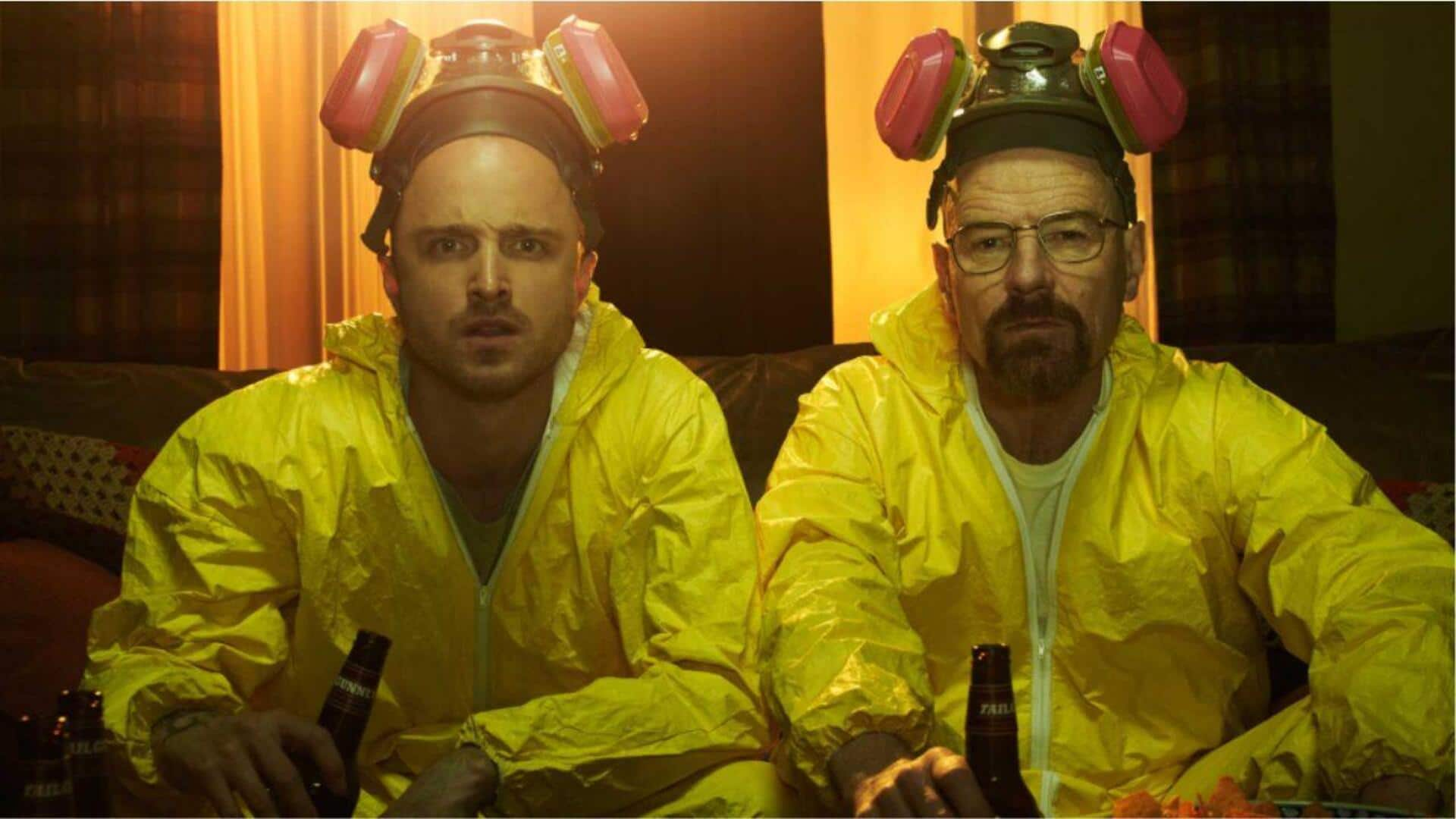
How 'Breaking Bad' secretly channels classic western films
What's the story
Breaking Bad is lauded for its elaborate storytelling and multi-layered characters. Unbeknownst to many, it also incorporates subtle nods to the classic western films. These references play into the show's themes, enhancing the narrative. This article explores how Breaking Bad pays tribute to a genre that heavily influences its storytelling style.
Antihero
The lone antihero parallel
The lone antihero is a common character archetype in classic Western films. Breaking Bad's Walter White personifies this character through his journey from a mild-mannered teacher to a ruthless drug kingpin. Much like Clint Eastwood's characters in Sergio Leone's films, Walter acts outside societal norms, fueled by personal motives rather than moral codes. This similarity draws attention to how both genres delve into themes of individualism and moral ambiguity.
Showdowns
Showdowns in desert landscapes
Desert landscapes are the quintessential locations for western films, where they become the backdrop for dramatic showdowns. Breaking Bad often employs the same locations for key sequences, including the confrontations between its lead characters. From the desert showdowns reminiscent of classic western duels, to the heightened tension and isolation, to highlighting the grim realities of those living on the fringes of society, it all fits.
Lawman Pursuit
The Lawman Pursuit theme
The undying chase of outlaws by lawmen is another western cinema staple reflected in Breaking Bad. Hank Schrader's relentless pursuit to nab Heisenberg mirrors the pursuits seen in movies like High Noon. The theme emphasizes the cat-and-mouse dynamic between both genres, where justice is chased at great personal cost.
Moral complexity
Moral complexity and redemption arcs
Western films tend to explore moral complexity and redemption arcs for their protagonists. Much like that, Breaking Bad touches on those themes through Jesse Pinkman's journey from crime to redemption. His guilt and wish for change mirror similar character arcs from classics like Unforgiven, where characters deal with the consequences of their actions and wish to do better in the future.